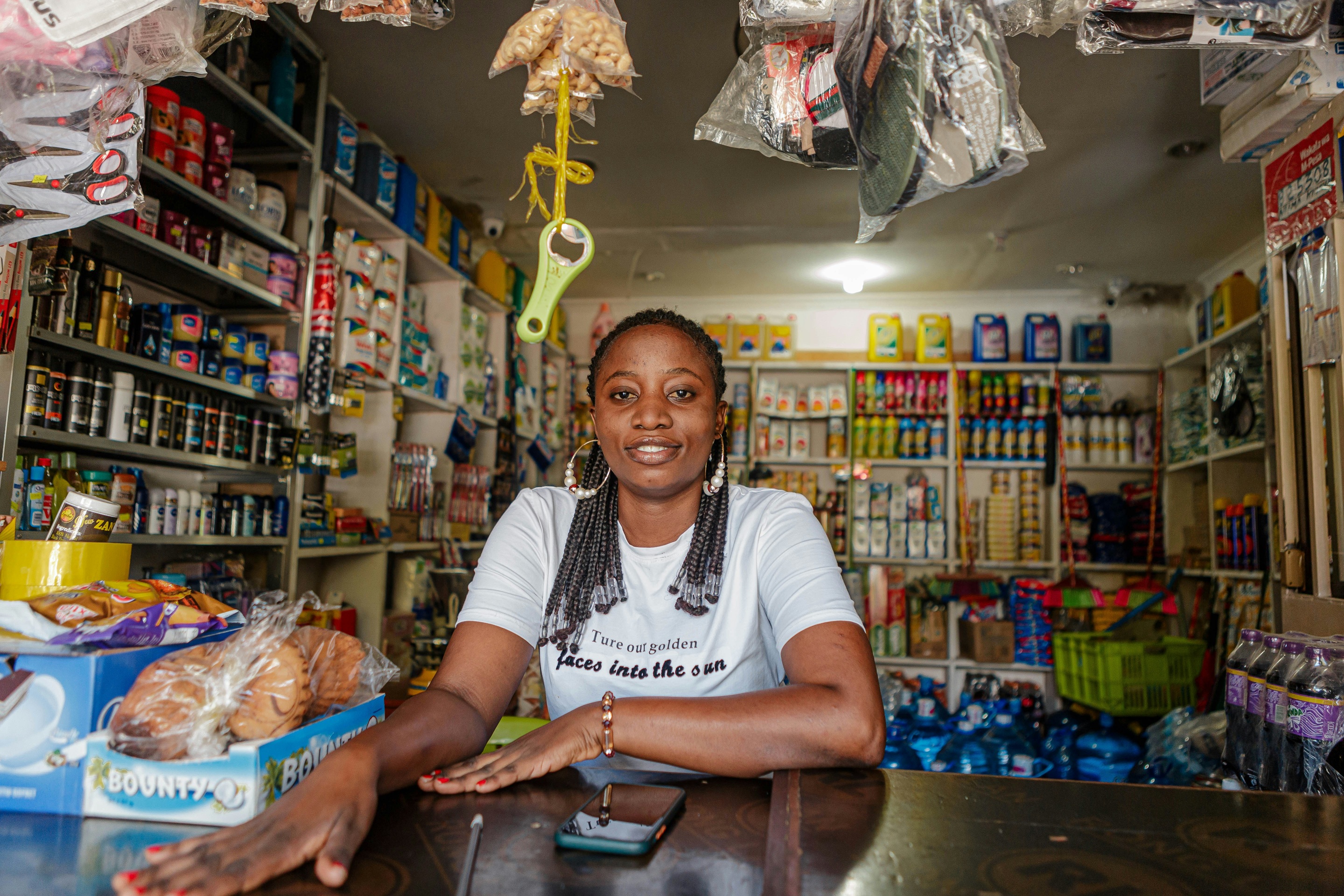
Willingness To Grow
Indicates the ambition and motivation of entrepreneurs to scale their businesses. A high score shows that many business owners are eager to expand and invest in growth.
Key Highlights
The high NEI score indicates that Ugandan entrepreneurs have a strong desire to expand their businesses. They are motivated and ambitious, which is a positive sign for the growth potential of the entrepreneurial landscape. Business owners and other stakeholders see Uganda as entrepreneurial society with increasing business activity across regions and expressed optimism about the about the future, aided by government initiatives, though some are burdened by taxes and lack of support. MSMEs determine growth through increased stock, growing customers, profitability, expansion and diversification.
Business grows when you have more customers and more capital. I can tell from my receipts that I now serve more people and that my stock has also increased
Male, adult, micro, rural, Bukomansimbi district
There is highly growth-oriented business community, with nearly all respondents expressing interest in expanding their enterprises 92.8% being “Very Interested” in growing their business. This is a strong entrepreneurial drive and growth mindset among the surveyed population.
Over half (54.0%) of respondents ‘somewhat expect’ the business environment to improve where they operate, indicating a generally optimistic outlook among the majority of the business community. However, balanced with that is a significant proportion (37.8%) are ‘uncertain’ about how the business environment will change. There appears to be a high degree of unpredictability and potential volatility in the macro business climate. While there is optimism among MSMEs owners in Uganda, this optimism is somewhat cautious and modest in scope. The large proportion of “uncertain” (37%) responses suggests potential challenges in business planning and decision-making.
Business attitudes across age groups, gender and PWD Status
The percentage answering “Yes” is relatively consistent across age groups, ranging from 72.1% for 61+ to 81.5% for 25-30. Males and females have similar “Yes” percentages (79.0% and 78.5%). PWD: Those with a PWD had a slightly higher “Yes” percentage (82.3%) than those without (78.8%).
Interest levels are high and consistent across all age groups, with “Very Interested” above 90%. All genders show very high interest, with “Very Interested” at 92.7% for males, 92.6% for females. A similar trend is observed on PWD.
The percentage expecting improvement (“Yes, somewhat expected”) varies from 48.7% for 25-30 to 57.5% for 18-24. The differences could be statistically significant, with younger groups being more optimistic. Males are more likely to expect improvement (57.9%) compared to females (50.6%), gender statistically influences optimism on business environment. Those with a PWD are more likely to expect improvement (61.1%) than those without (54.2%).
